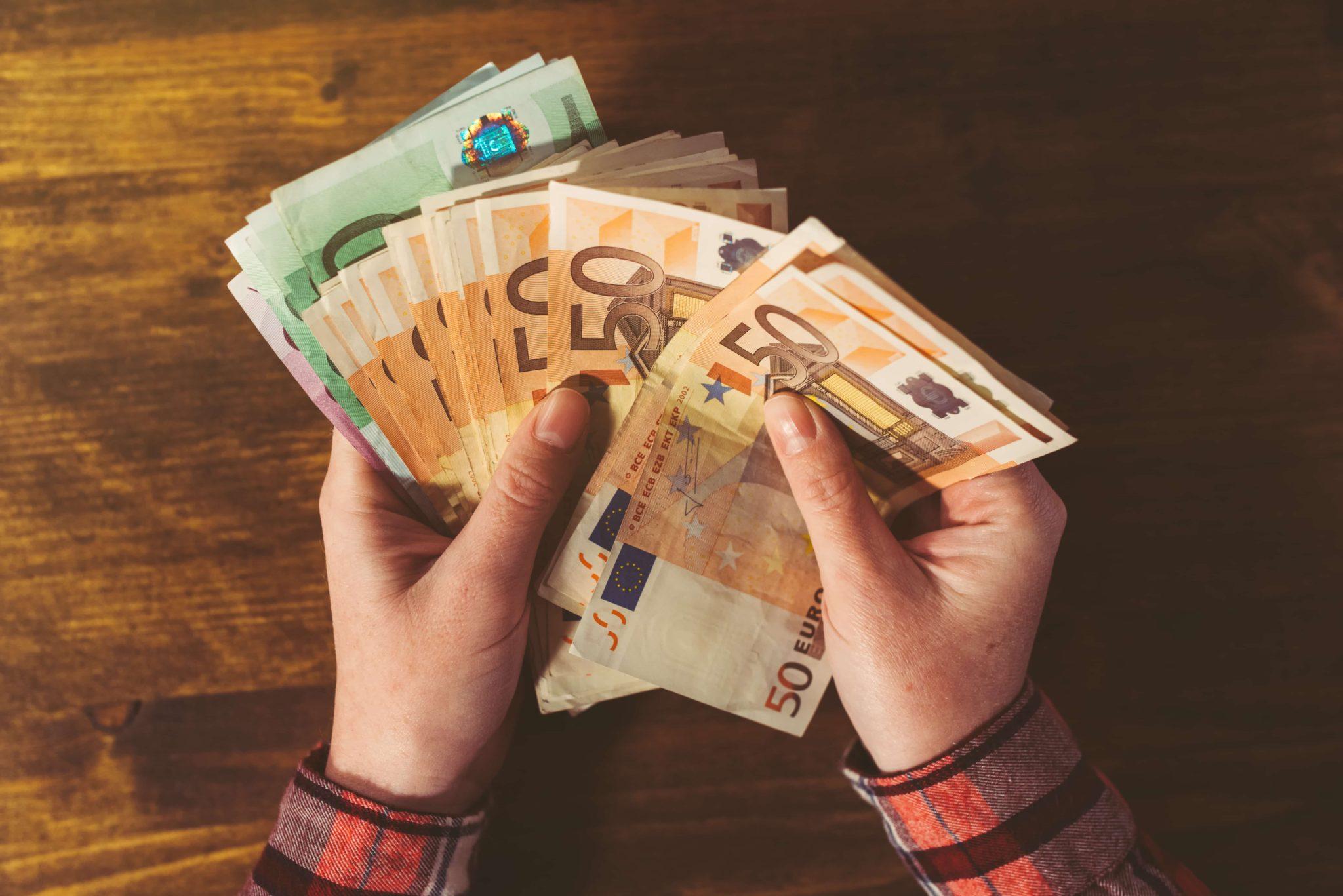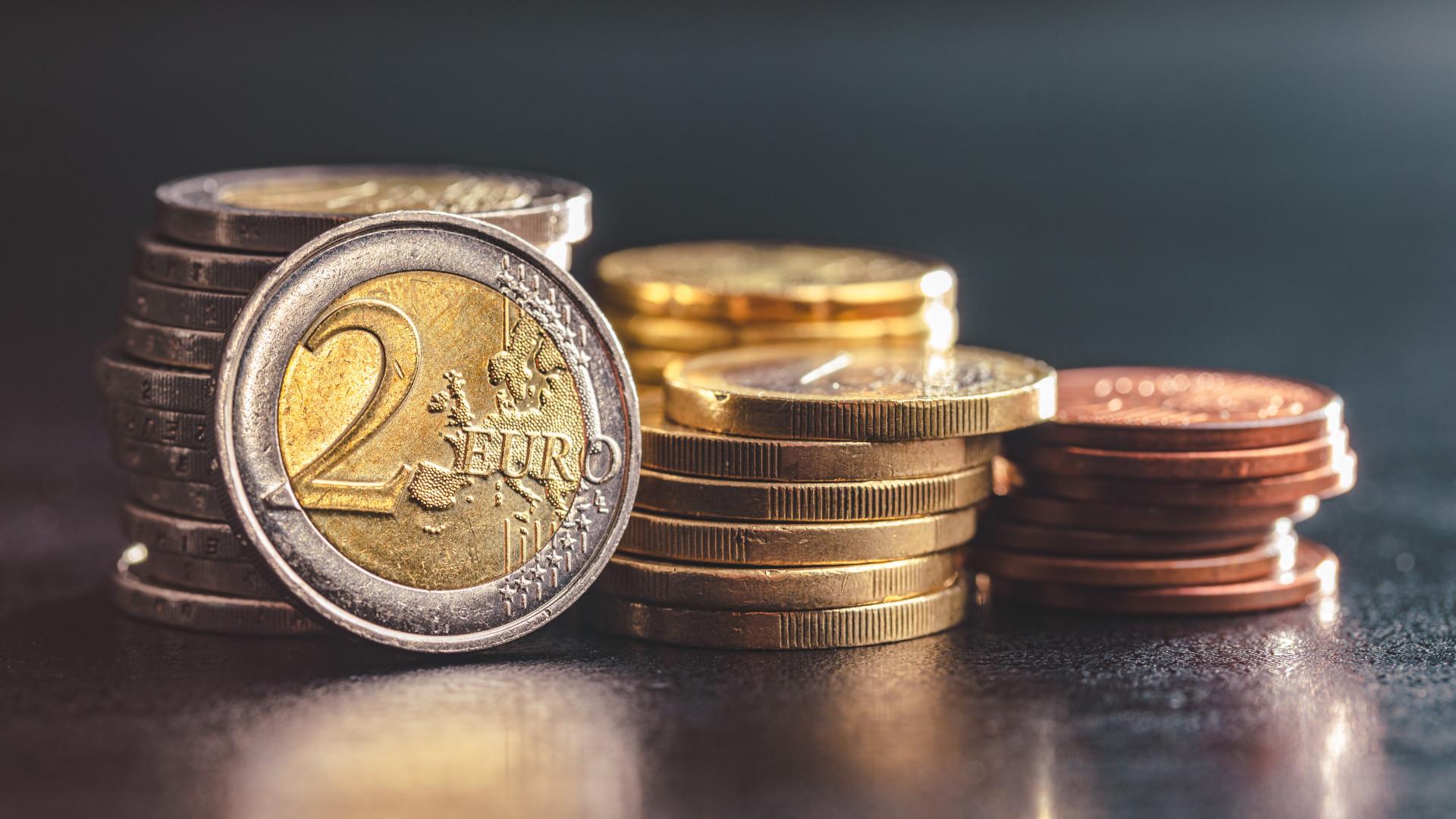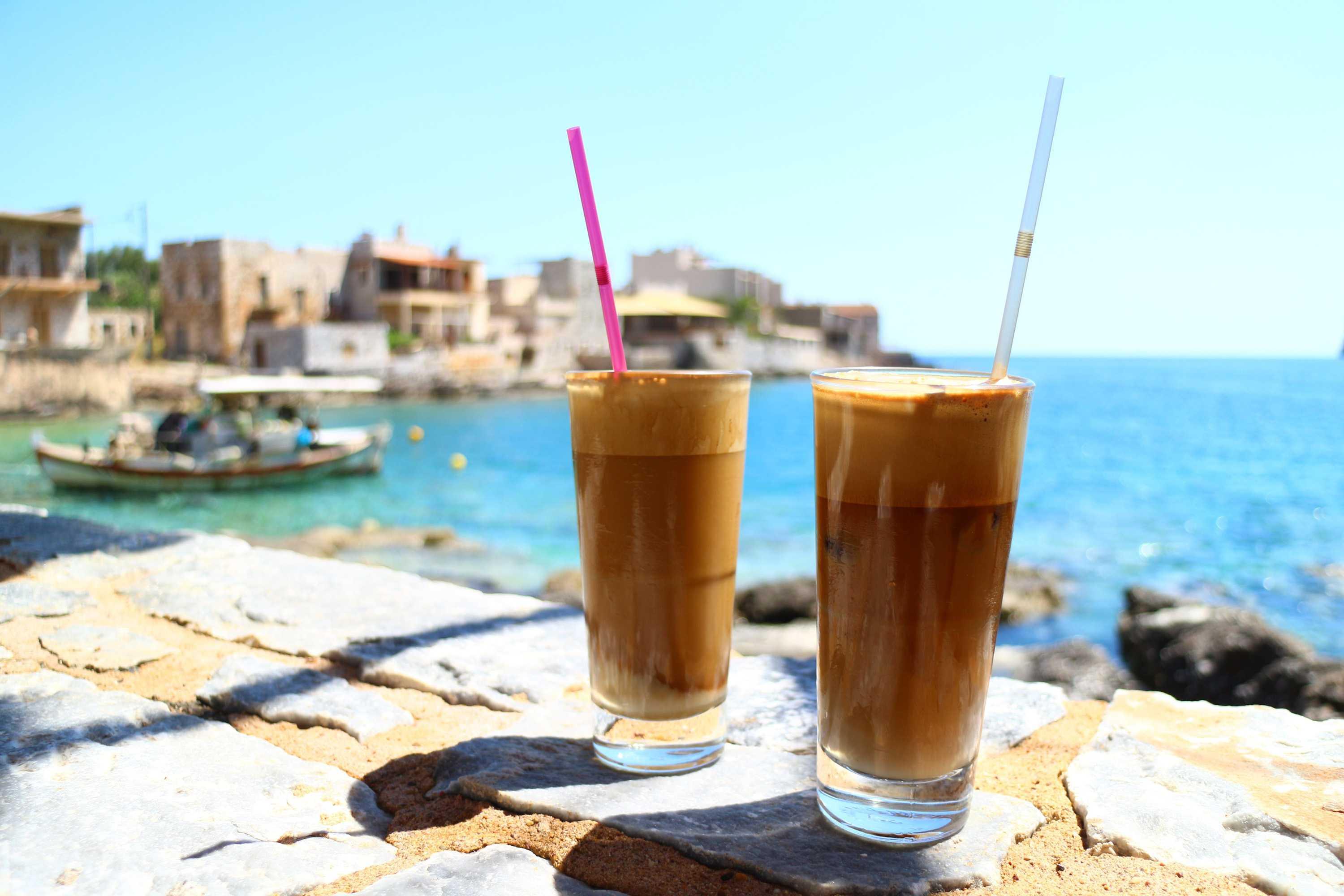Every expat sooner or later thinks about buying property in Cyprus.
You fall in love at first sight with this amazing country, where the hospitality of the locals combines with a wonderful climate, centuries of history and tradition, incredibly tasty food, the sea and the beach. The island is home to many communities offering accommodation to suit all tastes and budgets. Some choose the cosmopolitan and noisy Limassol and Nicosia, others the cultural Paphos or the rapidly developing Larnaca, while others prefer to live away from the hustle and bustle of the city, settling in small villages tucked away high in the mountains.
Did you know that the dream of living by the sea rivals the dream of winning a million euros in the lottery? Only the first is a hundred times easier to achieve. Buying property in Cyprus today is not very difficult, especially if your budget is unlimited. But even with a relatively modest investment, you can become the owner of a cosy apartment or even a luxury villa. The main thing is to approach the matter competently. Not always, even in the presence of a great desire, there are possibilities.
Paying the full amount for the property of your dreams can be expensive, so many people resort to mortgages. Especially as local banks are happy to lend, even to foreigners. But what if there is no money for a deposit? Here are some effective ways to raise the necessary amount in the shortest possible time.

Set a financial goal
Think about the type of property you want to buy in Cyprus and check how much it costs. You can then decide on the exact amount of money and time you need to save up. It is important to find out what the banks are offering. The down payment, the interest rate, the monthly payment - all these criteria should be clarified as early as possible. You can compare the banks' offers by analysing the data on the financial institutions' websites (they are public).
It is important to remember that payments on all loans (if you have outstanding loans) should not exceed 30% of your income. It turns out that if the family has a monthly financial flow, for example, 10 thousand euros, then payments on all loans should not exceed 3 thousand euros. Otherwise, the financial and psychological burden can have a negative impact on the overall emotional state of the whole family. Therefore, the deposit should not be paid on credit. Yes, this is not unusual in Cyprus. It happens that people take out a consumer loan and then use it to cover the deposit for a mortgage.

Identifying additional costs
Buying a property in Cyprus is not limited to a deposit and monthly payments. Sometimes additional costs may be required for insurance, home improvements, etc. Consider these costs in advance. If you are taking out a mortgage in Cyprus, it is also important to build up a financial reserve - an amount that will provide financial security in the event of unforeseen circumstances. Ideally, this should be between 3 and 6 times the family's combined monthly income.

Consider the time value of money
The earlier you save for a deposit, the better. No one is immune to inflation, the risks of rising property prices and changes in mortgage conditions. Globally, you need to be aware that money is worth more today than it will be tomorrow. Make sure you add another 10% to the total. Otherwise, in a year and a half's time, your plans may sadly come to nothing. No one can guarantee what house prices, central bank rates and bank mortgage programmes will be like in a year's time. It is therefore better to be insured.

Be realistic about your resources
Now that the total amount is clear, it is important to decide on the timeframe. Set an exact target - one year, one and a half years, two years, etc. Divide the amount by the number of months you need. For example, you need to save 60,000 euros in one year. That means you need to save 5,000 euros a month. Too much? Then extend the savings period. If this is not possible, it is worth reducing the amount - consider a different area or even a different city in Cyprus. For example, a little further away from the centre, or instead of a 2-bedroom apartment in the city, a 1-bedroom apartment in the suburbs.

Get into the habit of saving
First you save money and then you go shopping - this should become a habit. And it is better to top up your savings on the day you receive your pay cheque, as this will make it easier for you emotionally. It will also give you an immediate idea of how much you can afford to spend each month. Don't put money into your savings account manually, automate the process to avoid common excuses like "I forgot" or "I'll do it later". A convenient way to save money on a regular basis is to open an automatic top-up savings account. You can set a fixed amount, a percentage of your income or other options.

Evaluate your income and expenditures
A classic tip is to see where your money is going. It's better to record your spending in notes on your phone, as not all apps will be able to calculate your expenses accurately. Evaluate how often you use what the money is being spent on:
- Is a monthly subscription to Netflix justified if you only watch movies a couple of times a month?
- Are you using all the mobile phone options you are paying for?
- Do you have unnecessary items collecting dust around the house that you should sell?
- And most importantly, maybe it's time to stop drinking frappe by the litre? If you think about how much money you spend on coffee each month, you might be surprised. A conservative estimate is between 90 and 140 euros. Over a course of a year, that adds up to a lot of money. Especially if several family members enjoy the nectar of life.
In general, you will not only earn extra money, but you will also bring more order into your life and get rid of unnecessary things and services.

Get a part-time job
It's not about getting a second or third job and going crazy. It's about getting a little extra income. You can always talk to management at work - maybe you can take on more cases for the extra money. If not, even 1-2 hours a day can be put to good use in other ways: freelancing, tutoring and so on.

That's it! Your dream property is almost in your hands! At least you have mastered financial discipline and managed to save for the deposit.
Read also:

